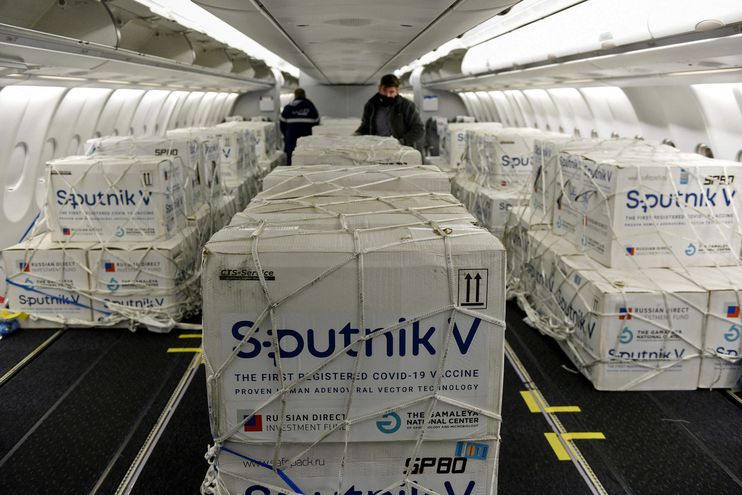RIO DE JANEIRO, BRAZIL – The Consortium of Northeastern Governors announced on Tuesday (20) that the first batch of Russian Covid-19 Sputnik V vaccines, with 1.145 million doses, should arrive in Brazil July 28, and demanded the Ministry of Health include the immunization in the National Immunization Plan (PNI).
The number of doses corresponds to 1% of the states’ population in the region that requested authorization from the National Health Regulator (Anvisa) to import the Russian vaccine, as determined by the agency for the controlled application in the country at this first moment.

On Monday, the consortium sent a letter to Health Minister Marcelo Queiroga, demanding an official position from the federal government about the inclusion of Sputnik V doses in the PNI.
Last week, at a congressional hearing, Queiroga said that Brazil no longer needed the Sputnik V and Covaxin vaccines – an Indian immunizer also had conditional approval by Anvisa and is at the center of corruption accusations investigated by Brazil’s Covid’s CPI.
According to the minister, the country has already secured sufficient quantities of other immunizers to ensure vaccination coverage.
“Considering the collective effort of the Northeastern states and other regions to overcome the conditions imposed by Anvisa and the proximity of the Sputnik V vaccine importation, the Northeast Consortium maintains the position of including this immunizer in the National Immunization Plan, believing that it is vital for the vaccination expansion in our country”, says the letter signed by Wellington Dias, governor of Piauí and president of the consortium.
Sputnik V, like Covaxin, had its emergency authorization by Anvisa conditioned upon a series of measures. The initial application was restricted to only 1% of the population, only in healthy people, and with measures to monitor side effects and results of immunization in a study to ensure its effectiveness and safety.

